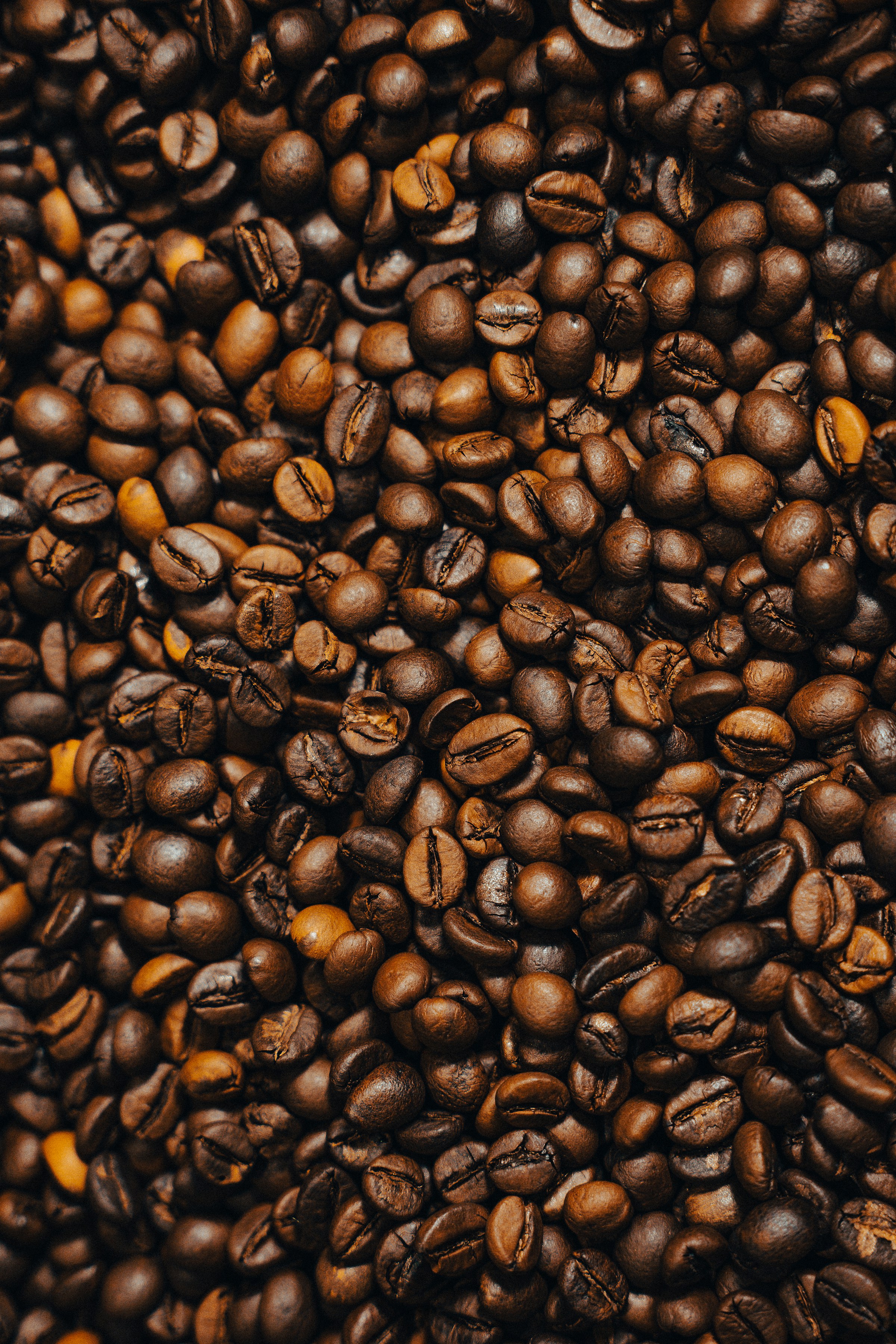Brazil’s finance ministry is reportedly mulling a strategic export tariff on green coffee beans. While framed domestically as a revenue measure to ease fiscal strain and regulate commodity outflow, the proposal risks triggering outsized ripple effects in global agricultural markets. This is not just a coffee story—it is a signal of how commodity-linked economies are repricing trade leverage under external inflation pressure and internal political constraint.
Coffee markets, already vulnerable to climate-induced supply volatility and tight inventory levels, may now face an additional layer of friction: policy-induced export rationing. If formalized, Brazil’s move would mark a structural pivot from its traditional role as a liquidity stabilizer in the global coffee trade to a protectionist price-setter. That reclassification alone has capital consequences.
Brazil is the world’s largest exporter of arabica coffee, and its supply rhythm plays a disproportionate role in global price formation. A tariff on green coffee exports—particularly if not accompanied by a managed quota system—would amplify near-term price spikes across futures and spot markets.
The fiscal rationale is unsurprising. Brazil’s fiscal deficit has widened beyond central bank comfort, and agricultural commodities offer one of the few politically viable sources of incremental tax revenue. But the method—targeting a volatile, export-heavy commodity—introduces signaling risks. It suggests Brazil may be willing to trade short-term FX gain for longer-term market share erosion, a reversal from past policy logic that emphasized commodity competitiveness over volatility suppression.
More importantly, it introduces artificial scarcity into a commodity already facing structural supply instability. Droughts in Minas Gerais and shifting production costs have already shrunk yield forecasts. A tariff accelerates the hoarding behavior and speculative layering that distorts price discovery.
The first order exposure is clear: major importers dependent on Brazilian supply—particularly the EU, US, and Japan—face higher procurement costs and potential rationing. Retailers with fixed-price contracts and low-margin coffee brands will see gross margin compression unless hedged in futures markets.
Second-order exposure lies with countries in Central America and East Africa. While some may view this as an opportunity to fill the volume gap, most lack the logistical scale, yield efficiency, or trade financing to respond quickly. Their production systems were not designed to operate at Brazilian volumes or cadence.
Third, watch the commodity index funds and sovereign allocators with agri-linked baskets. If coffee becomes the new cocoa—another soft commodity that saw a price shock due to supply-chain disruption—allocators may shift portfolio weightings toward uncorrelated hard assets or energy-linked exposures.
In most developed economies, coffee prices are not central to inflation targeting mandates. But they are embedded in consumer inflation expectations and disproportionately influence food index sentiment. For developing economies with higher food-share CPI structures, coffee inflation has a visible psychological effect on credibility and stability.
Brazil’s central bank will face a complicated calibration. If the export tariff drives a temporary FX inflow via improved trade balance, it may delay monetary easing plans. But if global pushback or counter-tariffs emerge—particularly from the EU—it could catalyze capital exit via commodity reallocation.
Already, major roasters and importers are exploring term contract renegotiations, triangulation via Vietnam, or even vertical integration into non-Brazilian processing hubs. The lesson: liquidity buffers don’t just mean reserves. They also mean optionality in commodity sourcing—something few consumer countries have at scale.
If the export tax causes significant tightening in supply chains or price visibility, capital will not wait. We’ve seen this play out in other soft commodities before—most notably palm oil during Indonesia’s 2022 export ban. Funds reallocate. Traders reprice.
Expect the following dynamics:
- Short-term flight to Vietnam and Colombia supply, albeit at a premium.
- Rise in synthetic exposure through agri ETFs, with spillover into adjacent inflation hedges (cocoa, sugar).
- Currency repricing in LATAM FX pairs if the policy creates sustained surplus—but also volatility risk if retaliation emerges.
Markets will not only watch the tariff rate but also the governance: Is it time-bound? Is it quota-linked? Does it escalate with price bands or FX movements? Policy ambiguity compounds the pricing premium.
Brazil’s coffee tariff proposal—still in legislative flux—should be read as part of a broader structural realignment. Resource-exporting economies are experimenting with policy levers to reclaim fiscal headroom without hiking domestic tax rates. But these moves also signal a deeper shift: the return of commodities as instruments of national strategy, not just export revenue.
For institutional allocators and sovereign strategy teams, the message is clear. Trade friction is no longer limited to tech or oil. Soft commodities are becoming policy tools. And that changes the calculus of diversification, inflation hedging, and geopolitical supply security. This isn’t just about coffee. It’s about which commodities nations are willing to weaponize—and which markets still believe in price neutrality.















